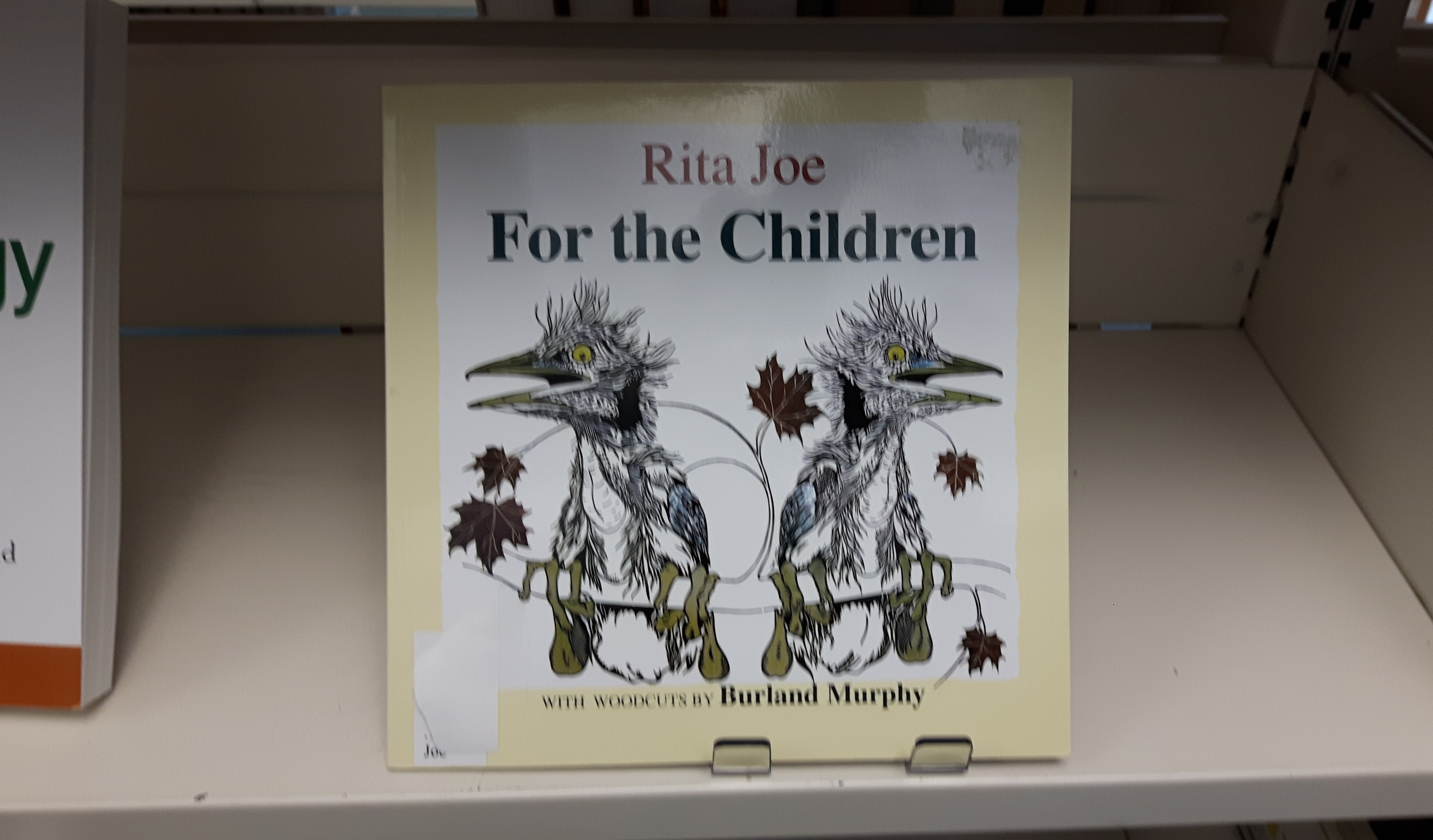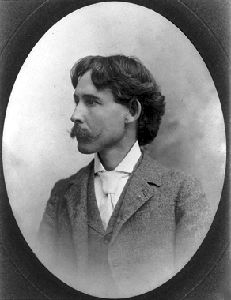Patricia Louise Lowther (née Tinmuth), poet (born 29 July 1935 in Vancouver, BC; died 24 September 1975 in Vancouver). A pioneering feminist poet, Patricia Lowther only gained broader recognition with her posthumous volume, A Stone Diary, published after she was murdered by her husband in 1977.
Early Life and Work
Pat Lowther grew up in North Vancouver. Her first poem was published at the age of 10 in the Vancouver Sun. After leaving school at 16, she worked in various office jobs to support her writing.
Lowther’s first book of poetry, This Difficult Flowering (1968), was critically praised for its precise language and themes. The book explores the tensions between creating art and creating a home life and expands the themes of motherhood and the pain and pleasure of love into universal themes. In “Damn Doom,” for instance, Lowther speaks honestly of the need to create within the chaos of family:
Damn doom to
day after day
break our bright wishes
on this work:
to carve a simple beauty
out of chaos.
The title of Pat Lowther’s second collection, The Age of the Bird (1972), alludes to mythic stages of evolution and change, beginning with sea creatures, moving on to snakes and finally to the bird — the universal symbol of freedom. A long poem in eight sections, it is based loosely on the life and death of Cuban revolutionary Che Guevara. The poem reveals Lowther’s emerging political voice and her growing conviction that poetry is the most powerful vehicle for art and politics. Lowther describes a laundry in the village of Vallegrande in Bolivia where Guevara is believed to have been trapped and killed:
A laundry at Vallegrande
a windowless shed
tiled roof
in front two openings
separated only by a pillar
… inside, the body
its eyes open
the head propped
in a tense posture
Lowther takes us from the laundry’s simple exterior into its brutal interior, providing a raw glimpse of the horrors of revolution through the death of an unnamed leader.
A dedicated follower of Chilean poet Pablo Neruda, “Regard to Neruda” is the first of many poems Lowther dedicated to her “political brother.” It is included as a companion piece in her work The Age of the Bird. In the last lines of “Regard to Neruda” Lowther writes of her awareness of her own changing world view, both as an individual and as a poet:
Often now I forget
how to make love
but I think I am ready
to learn politics.
These works are the expression of a developing conscience — moral and political — that would inform her remaining work and inspire her arts and poetry advocacy.
Final Work
The last book published in Lowther’s lifetime, Milk Stone (1974), explores themes of gender and relationships through the window of mythology. For Lowther, myths proved powerful agents for change both in the world and in the individual. To express this, Lowther’s language uses both wit and intimacy. In “Penelopes,” when the unnamed Odysseus arrives home, Lowther gives us the couple’s good-natured banter, “Blood to the elbows, he howled: / ‘Woman, where in hell’s my towel?’” Then Lowther quickly alters the tone to a deeply private moment when Penelope comes to understand that she will never return to her former self and so she must
begin unpicking the pattern of her life,
and weave again
designs
of innocence and disbelief …
Lowther takes mythologyto the street in her series of Iris poems, published in Time Capsule: New and Selected Poems (1997), turning the virgin goddess into a goddess of the street. “Burning Iris One” captures the dark corners of Vancouver that Lowther knew well, elevating hard-luck lives with stunning poetic expression: “elegant man / in your wellkept body / and tidy clothes / give a thought to / the ragbag broad / smoking in doorways / doesn’t the heat of me / reach like curling air / to your belly?”
Always aware of the world and its changing forces, Pat Lowther wrote about and actively engaged in the politics of her world. She worked and volunteered with the New Democratic Party of British Columbia and closely followed South American and Cuban revolutionary movements. In the 1970s, Lowther taught creative writing at the University of British Columbia and worked as an advocate for poetry and poets serving as co-chair of the League of Canadian Poets until her sudden death in 1975.
Death
In September 1975, the 40-year-old Lowther disappeared. She was found dead three weeks later in Furry Creek, just outside Vancouver. Two years later, in 1977, her second husband, Roy Lowther, was convicted of the crime; he died in prison in 1985.
Legacy
Pat Lowther’s third book of poetry, A Stone Diary, published posthumously, contains her most mature work with language and images that express the power of beauty in nature. In the title work she details how rocks and stones are filled with a life of their own and a distinctive beauty: “At the beginning I noticed / the huge stones on my path / I knew instinctively / why they were there / breathing as naturally / as animals ... cubes of fool’s gold / green and blue copper / crystal formations / fossils shell casts / iron roses candied gems.”
In 1996, Pat Lowther’s two daughters discovered several completed manuscripts and unpublished poems, which they collected in Time Capsule. One of her most anthologized poems, “History Lessons,” is autobiographical in nature and moves from personal history to world history, the element of irony expressing the ordinary nature of the ancestors’ role in an extraordinary historical event: “A family legend: / my great-uncle Johnny / came back from the Klondike / diamond-fingered, ... He never put hand to shovel, / or panned a stream: / he opened barber shops.”
To commemorate her untimely death The Pat Lowther Memorial Award, founded in 1981, is annually awarded to a Canadian woman for a book of poetry published in the preceding year. Winners include Dionne Brand, Evelyn Lau and Esta Spalding.

 Share on Facebook
Share on Facebook Share on X
Share on X Share by Email
Share by Email Share on Google Classroom
Share on Google Classroom


